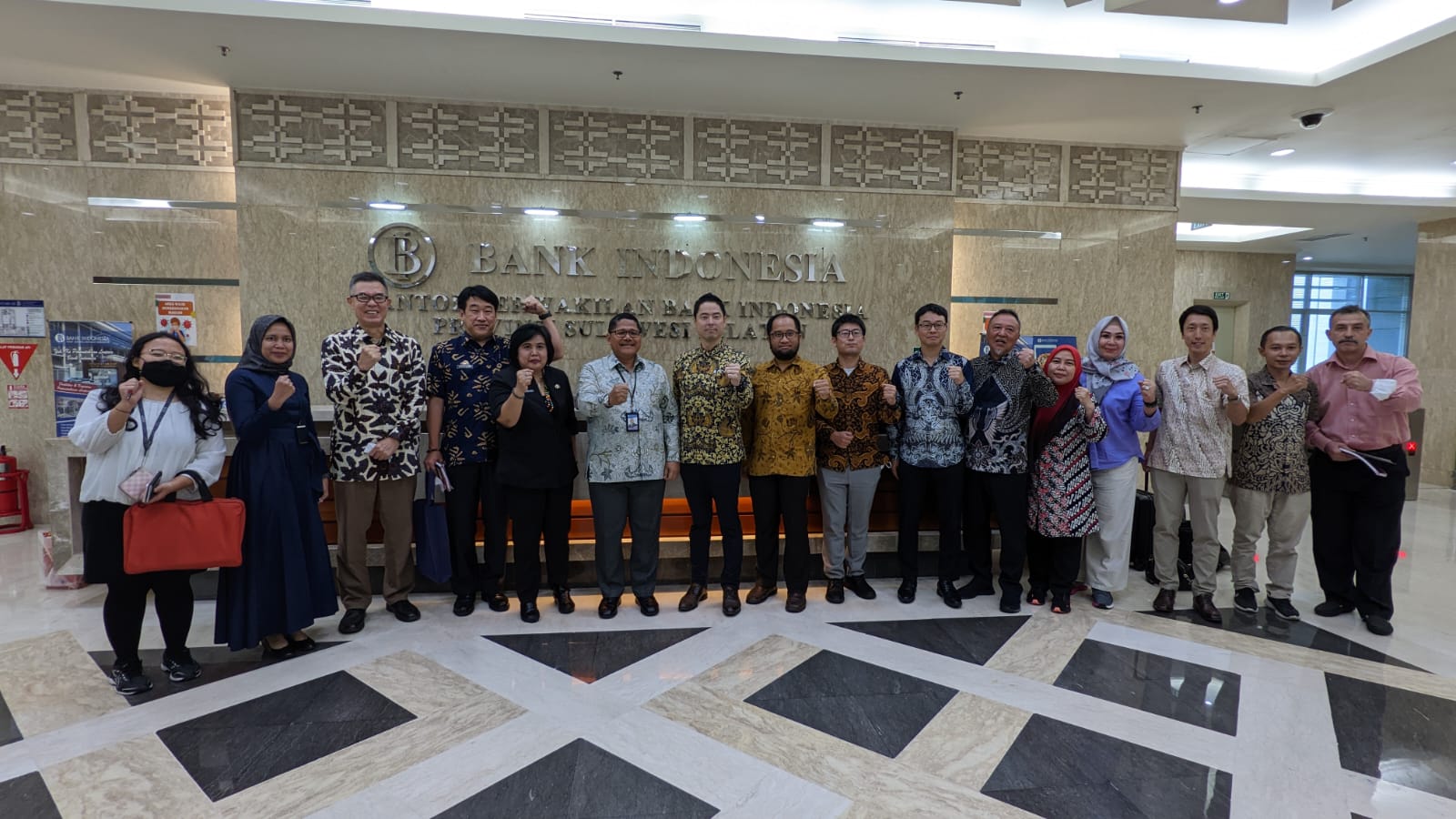Indonesia to Maintain Economic Growth Amid The Global Uncertainty
2022-10 · jiim_admin
Due to increasing global political tension, the 2022 world economy is expected to grow below previous projection. Supply disruption of global commodities caused by the expansion of trade protection impact on slower world trade activity, causing prices to increase more rapidly. Higher inflation rate then triggers developed countries to tighten the monetary policy more aggressively, thus projected to further slow the world economic growth.
Amidst the global economic uncertainty, in the second quarter of 2022, Indonesian economy continued to improve. Faster growth was seen in household consumption on the expenditure side of GDP, as well as some major components on the supply side including Agriculture, Mining, Accommodation, Food & beverage, and Transportation & Warehousing. The economy increased substantially strong in the second quarter of 2022 well above 5,4% (yoy), continuing the prior growth in first quarter of 2022. Positive economic growth in national level is supported by all regions which recorded strong improvements. The Sulawesi-Maluku-Papua (Sulampua) region sustained the highest growth, followed by Java, Sumatra, Kalimantan, and Bali-Nusa Tenggara.
The national economic recovery is projected to continue in the third quarter of 2022, as a result of the policy to further relax activity constraints. Some prompt economic indicators, such as the consumer confidence index, retail sales, the Prompt Manufacturing Index (PMI), and international trade realisation, will exhibit a positive and rising trend through July 2022, as a result of the improvement in people’s spatial mobility and banks’ financing. Under these conditions, it is anticipated that
domestic economic growth will accelerate to 4.5-5.3 percent in 2022, supported by rapid vaccinations, further openness of priority sectors, and continued policy stimulus from Bank Indonesia, the Government, and other relevant authorities.
Source: Bank Indonesia